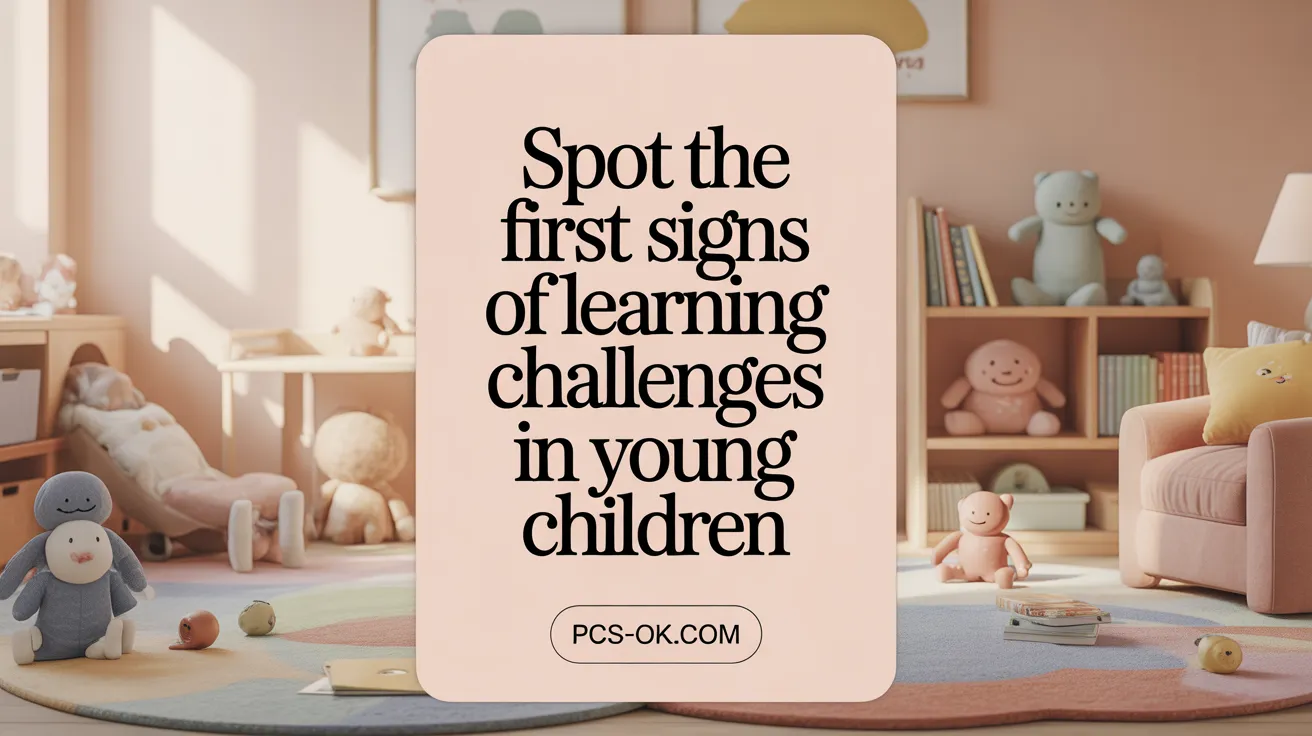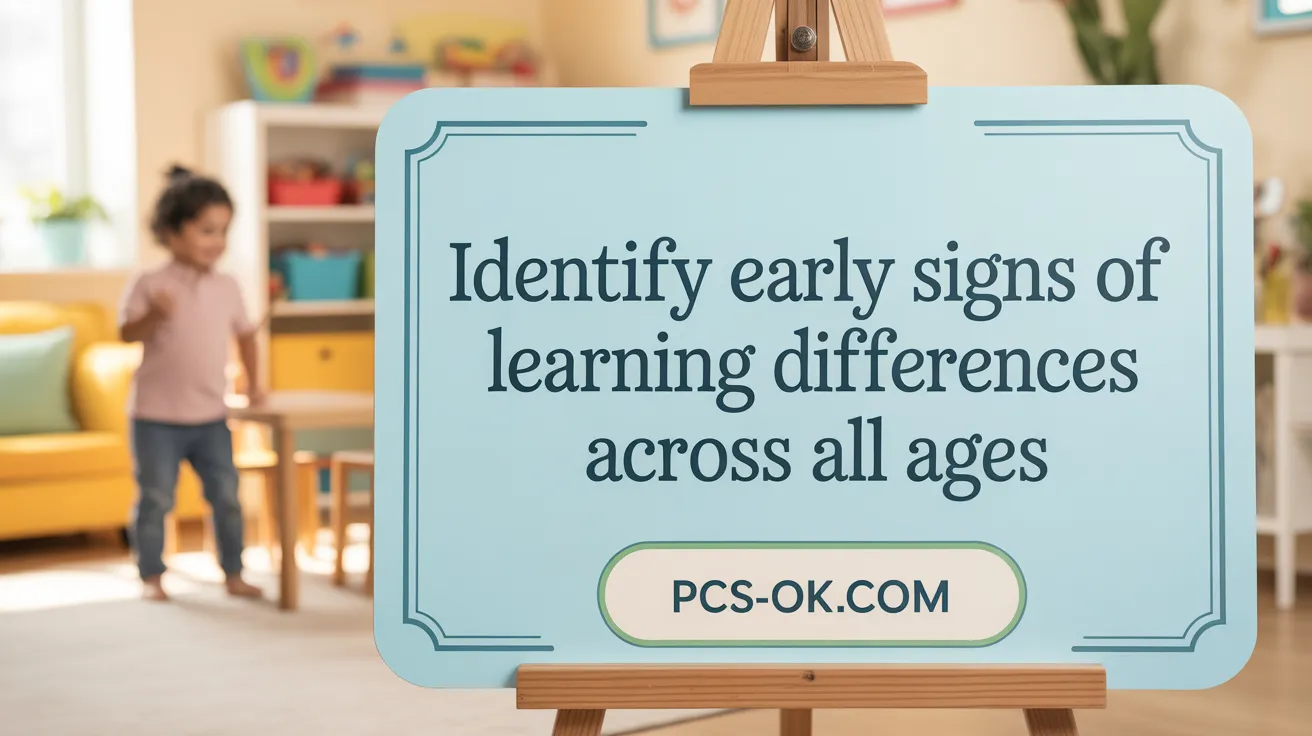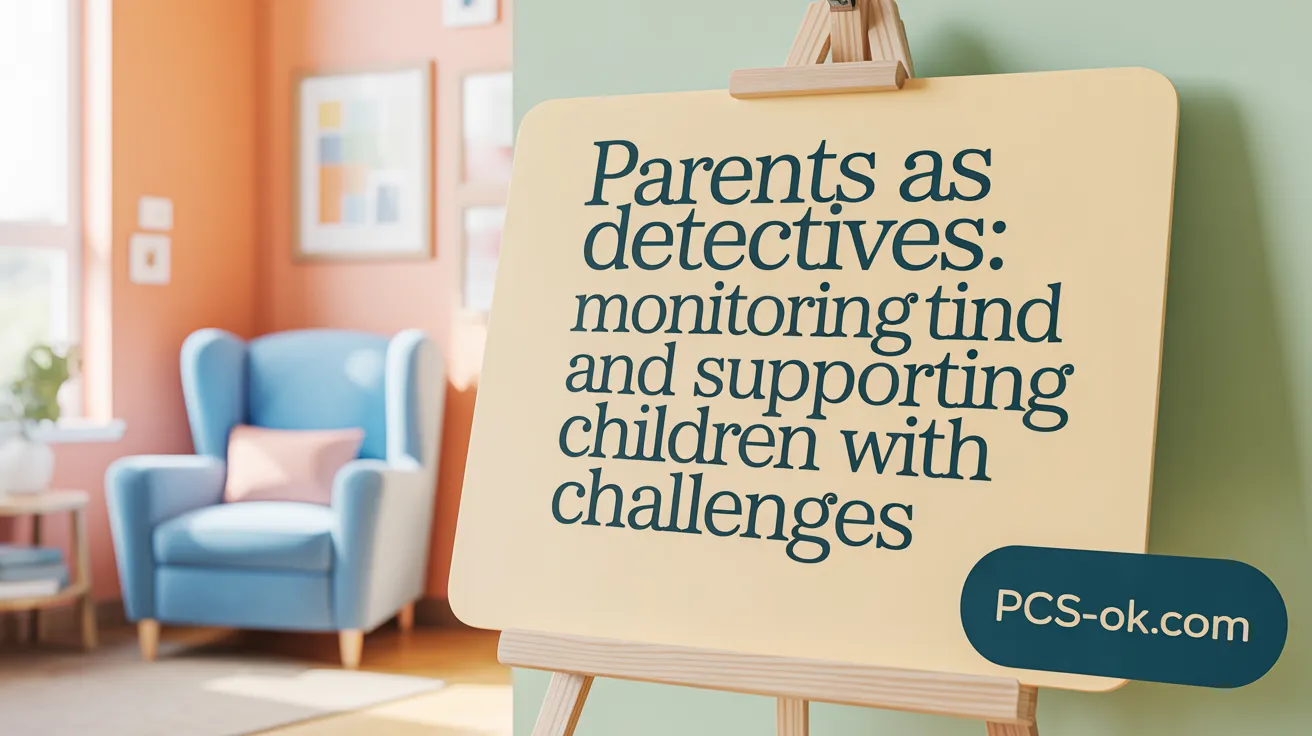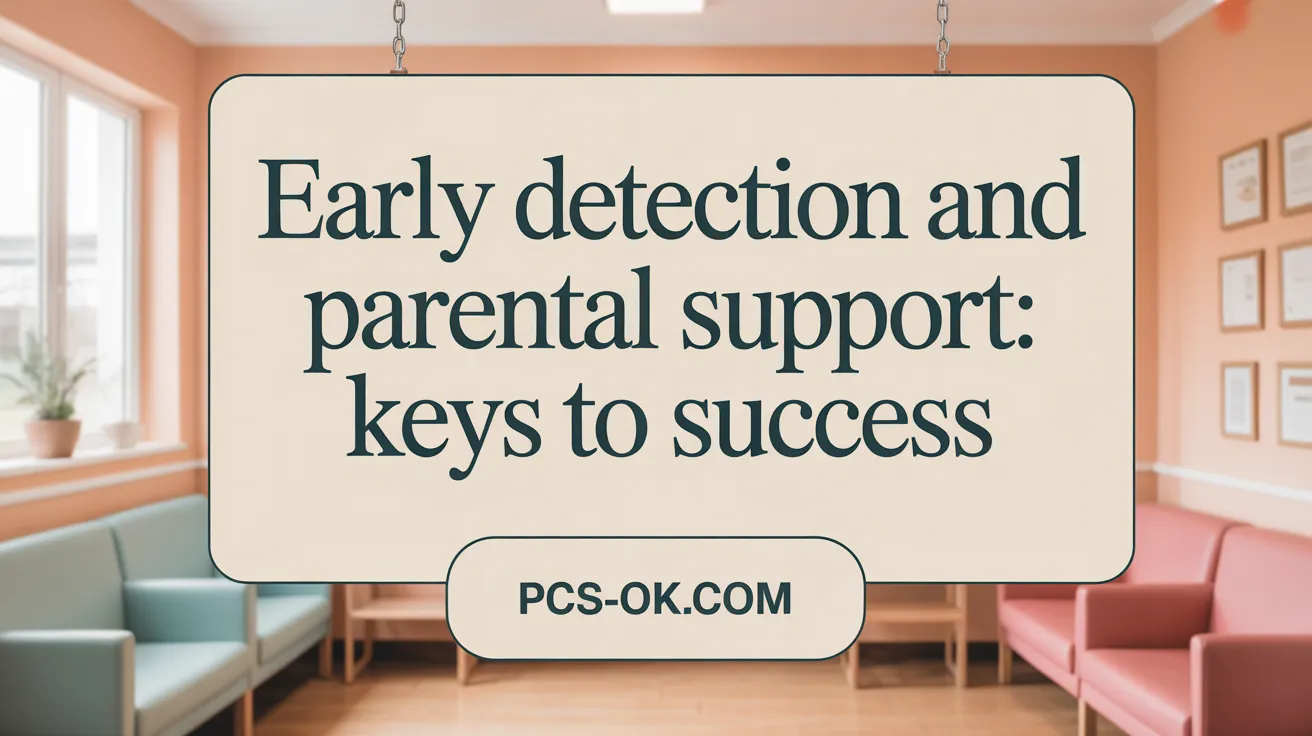Signs of Dyslexia Parents Should Watch For
Understanding Dyslexia: A Parent’s Guide to Early Detection
Dyslexia is a common learning difference that affects a child’s ability to read, write, spell, and sometimes comprehend language, despite normal intelligence and adequate education. Recognizing the early signs can empower parents to seek timely support that can transform their child’s learning experience and confidence. This article highlights key indicators across developmental stages, distinctive behaviors, and practical steps that parents can take when they suspect dyslexia.
Recognizing the Early Signs of Dyslexia in Young Children

What are the early signs and symptoms of dyslexia in children?
Early detection of dyslexia often starts with noticing certain signs in a child’s development. Children with dyslexia may struggle with phonological awareness, which includes difficulty learning nursery rhymes like “Jack and Jill,” recognizing rhyming patterns like cat, bat, rat, and learning the alphabet or sequences such as colors and days of the week. They might confuse similar-looking or sounding letters, such as b and d, or p and q.
A common early trait is difficulty blending sounds to form words and substituting words or guessing during reading aloud. These children often show slow progress in reading, poor spelling skills, and struggle to understand spoken instructions. They may also prefer to communicate verbally rather than in writing and often avoid reading aloud.
Additional signs include inconsistent performance across tasks, forgetting names of familiar people or sequences like alphabet or numbers, and difficulties with timing or following multi-step directions. Recognizing these signs early can lead to timely support and appropriate intervention.
What developmental signs raise awareness of possible dyslexia in children?
Developmental indicators that could suggest dyslexia include late speech development, limited early vocabulary, and trouble learning nursery rhymes or song lyrics. Children may find it hard to recognize letters, form words, or spell correctly. Their reading errors tend to be inconsistent, and they might reverse or confuse letters like b and d or p and q.
Phonological difficulties such as muddling similar-sounding words or confusing small words (at, to) are common. Many children show avoidance of reading aloud or exhibit hesitant, labored reading. Signs extend across age groups: preschoolers may delay speaking or have trouble with rhyme recognition, while elementary students often make frequent spelling mistakes and reverse letters. Older children might persistently struggle with reading comprehension, spelling, and memory for sequences like days of the week or times.
Behavioral signs such as distractibility, frustration, or fatigue during reading tasks also raise awareness. Overall, these developmental signs highlight the importance of early awareness and assessment for effective support.
Detailed Behavioral and Academic Indicators of Dyslexia
What behaviors and indicators suggest a child might have dyslexia?
Children with dyslexia often exhibit a range of persistent difficulties that impact their ability to read, spell, and decode words. They may read slowly and with less fluency than their peers, frequently making errors such as reversing letters (e.g., ‘b’ and ‘d’), confusing similar-looking words, or substituting words when reading aloud. Recognizing common words can be challenging, and children may avoid reading aloud altogether. Their handwriting might be messy or inconsistent, and they may struggle with sequencing tasks like learning nursery rhymes, alphabet, or days of the week.
Additional signs include difficulty learning and remembering letter names, especially in early childhood, and trouble learning basic sequences. Behavioral signs such as work avoidance, distraction, fatigue from concentration efforts, and low self-esteem can also be indicators. Children might complain about reading being hard or show signs of frustration and anxiety during reading or writing tasks. Early signs can appear even before formal reading instruction, for example, struggling to rhyme or follow multi-step directions.
In social contexts, these children might find it difficult to interact with peers or follow routines, which can lead to social withdrawal or disruptive behavior. Overall, these combined behaviors and markers highlight the importance of early identification for effective support.
Recognizing Age-Specific Dyslexia Signs: From Preschool to Adolescence

How can parents recognize age-specific signs of dyslexia?
Parents play a crucial role in spotting early and age-appropriate signs of dyslexia by closely observing their child’s developmental progress and struggles with language and learning skills. Recognizing these signs early can lead to timely intervention and support.
In preschoolers, early indicators often include difficulty learning nursery rhymes, struggling to remember or follow simple instructions, and making mistakes with basic language tasks like rhyming or learning the alphabet. For example, a young child might say “beddy tear” instead of “teddy bear,” or have trouble naming familiar objects. They might also show a lack of interest in letters or sounds altogether, which can be a sign of underlying difficulties. A family history of reading struggles can heighten awareness.
As children reach kindergarten and early primary grades, signs become more focused on reading and phonemic skills. Difficulties in associating letters with sounds, confusing similar-looking letters such as ‘b’ and ‘d,’ and trouble reading simple words without pictures are common. These children may guess words, avoid reading aloud, or seem frustrated when trying to decode unfamiliar words. They often struggle with spelling, tend to reverse letters, and may avoid tasks that require reading or writing.
In grades 3 to 5, children are expected to read more fluently and understand complex texts. Signs of dyslexia at this stage include slow, laborious reading, frequent mistakes, especially with small or similar words like ‘for’ and ‘of’. They may have trouble explaining stories, spelling inconsistently, and will often revert to guessing rather than decoding words. Such children might avoid reading altogether and experience ongoing frustration.
Older children, tweens, teens, and adults might exhibit signs like extremely slow or effortful reading, frequent comprehension difficulties, and the tendency to leave out small words or parts of longer words. They often search for words, substitute similar words, and have trouble understanding idioms or puns. These individuals may avoid reading aloud and report fatigue from reading tasks. Despite good reasoning or vocabulary skills, they often struggle with the fluency and accuracy of reading.
Throughout all ages, behavioral signs such as work avoidance, distraction, tiredness during reading or writing tasks, and difficulty with sequencing or organization are common. Recognizing these signs across developmental stages highlights the importance of early detection and the need for tailored educational support to help children succeed.
How Parents Can Observe and Take Action on Dyslexia Signs

How can parents observe and detect potential dyslexia in their children?
Parents play a crucial role in noticing early signs of dyslexia. They should watch for ongoing struggles with reading, spelling, and handwriting that go beyond typical developmental stages. Signs include messy work, confusing letters that look similar, and inconsistent spelling errors.
If a child has trouble recognizing common words or decoding unfamiliar ones, it can be a concern. Slow and awkward reading aloud, alongside difficulty understanding what they read, are important clues. Behavioral signs such as distractibility, work avoidance, and fatigue during reading or writing tasks may also suggest underlying issues.
Children struggling with phonological awareness—like rhyming or segmenting sounds—might also be showing signs. Additionally, difficulty following instructions or remembering sequences like the alphabet or days of the week should not be ignored.
Parents should note if children avoid reading activities or become frustrated or anxious. These persistent difficulties, especially if they do not improve with support, warrant professional attention.
Ultimately, attentive observation combined with open communication with teachers and specialists enables early detection. Recognizing these signs early lays the foundation for timely intervention and support.
The Importance of Early Detection, Parental Awareness, and Supportive Interventions

Why is early detection and intervention important for children with dyslexia?
Early detection of dyslexia is critical because it allows for interventions that can significantly improve a child’s reading and writing skills before difficulties become ingrained. When dyslexia is identified in the first and second grades, children are more likely to develop effective decoding and spelling skills, closing achievement gaps and boosting confidence. Research shows that early intervention, such as phonological awareness training and multisensory teaching methods, can lead to almost twice the progress compared to late intervention. Detecting signs early—like trouble learning letter names, difficulty rhyming, or slow progress in reading—enables educators and parents to implement targeted strategies. These early efforts can prevent persistent frustration, improve literacy skills, and promote emotional well-being, setting a positive trajectory for lifelong learning.
Why is parental awareness crucial in diagnosing and supporting children with dyslexia?
Parents are often the first to notice signs of dyslexia, making their awareness vital for early diagnosis and effective support. When parents understand the typical signs—such as difficulty with rhyming, letter recognition challenges, or slow reading—they can advocate for assessments and seek professional help promptly. Parent involvement influences how well children develop literacy skills at home; informed parents can incorporate supportive activities, create a literacy-rich environment, and foster resilience. Additionally, awareness helps parents understand that dyslexia is not linked to intelligence or vision problems but is a neurodiverse condition, reducing unnecessary worry or blame. Ultimately, knowledgeable parents are empowered to collaborate with teachers, support their child’s strengths, and ensure appropriate accommodations—leading to better academic and social outcomes for children with dyslexia.
Empowering Parents to Make a Difference Early
Recognizing the signs of dyslexia early empowers parents to seek timely support that can vastly improve their child’s learning journey and confidence. Awareness of age-specific symptoms, coupled with attentive observation of reading, writing, behavioral, and comprehension challenges, is critical. Parents play an indispensable role in guiding their children through early assessments and interventions, ensuring they receive tailored educational strategies. With early detection and well-informed support, children with dyslexia can overcome obstacles, harness their unique strengths, and achieve success both academically and personally.
References
- Signs of dyslexia (Primary school age)
- Signs of Dyslexia
- The Early Signs of Dyslexia: A Guide for Parents and …
- Signs of dyslexia at different ages
- Dyslexia: Signs, Causes & Treatment
- Complete Guide to Dyslexia
- Early Signs Of Dyslexia: A Teacher’s Essential Guide
- Signs to Watch For if You are Concerned about Dyslexia
